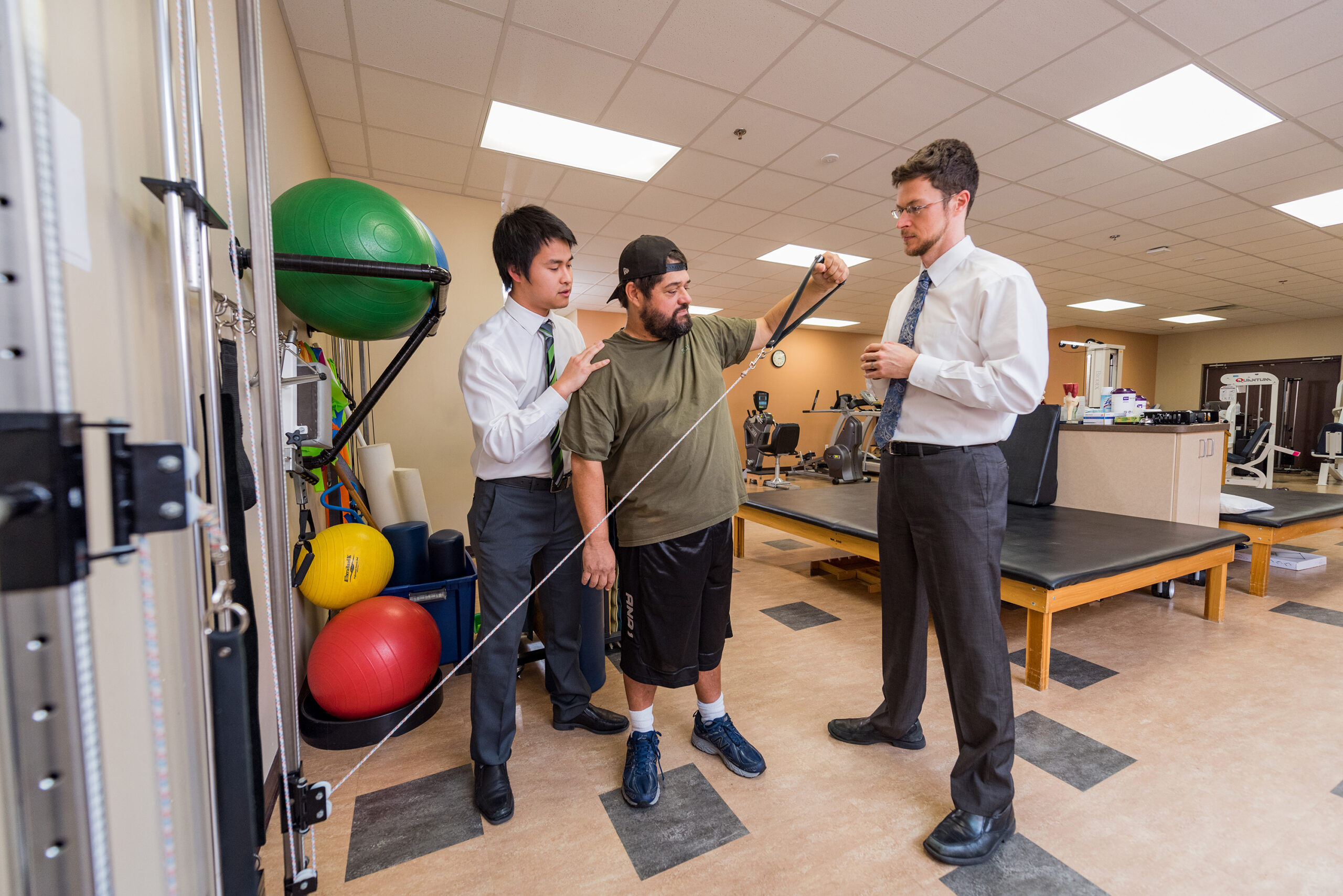Enhancing Rehab Outcomes Via Efficient Functional Motion Assessment Protocols
Enhancing Rehab Outcomes Via Efficient Functional Motion Assessment Protocols
Blog Article
Functional Movement Screening (FMS) is a beneficial instrument used to assess an person's movement patterns. This assessment helps determine any weaknesses or discrepancies in the body, which can result to injuries if not addressed. In rehabilitation settings, FMS can serve a crucial role in improving recovery results. By understanding how each individual moves, healthcare providers can design focused rehabilitation plans that focus on improving power, flexibility, and general function.
One of the main benefits of using FMS in recovery is its ability to identify specific aspects that need improvement. For instance, if a client struggles with squat movements or lunging, it may indicate a lack of flexibility in their hip joints or ankles. This data allows clinicians to create customized exercise programs that highlight correcting these shortcomings. As a result, patients are more likely to recover their strength and ability, which is crucial for returning to daily tasks or sports.
Incorporating efficient FMS protocols can also help avoid future injuries. Many injuries happen due to poor movement patterns or excessive use of certain muscular clusters. By evaluating patients before they click here for more info start a recovery program, clinicians can identify hazards and establish strategies to minimize them. Educating patients about appropriate movement patterns and enhancing underdeveloped areas can lead to long-term advantages, promoting that they remain active and healthy.
Moreover, the use of FMS can enhance communication between healthcare providers and clients. When clients see their mobility mechanics assessed and explained, they gain a better comprehension of their rehabilitation process. see here This clarity fosters trust and motivates patients to take an engaged role in their rehabilitation. By engaging patients in their rehabilitation process, they are more likely to follow to recommended exercises and lifestyle changes that promote better outcomes.
In conclusion, enhancing recovery outcomes through effective operational mobility screening procedures is crucial for both patients and healthcare professionals. By precisely assessing mobility mechanics, therapists can create customized rehabilitation plans that meet individual requirements. This not only aids in rehabilitation but also helps avoid future injuries. As patients become more engaged in their recovery journey, they are likely to achieve their objectives and maintain a fit, engaged lifestyle.